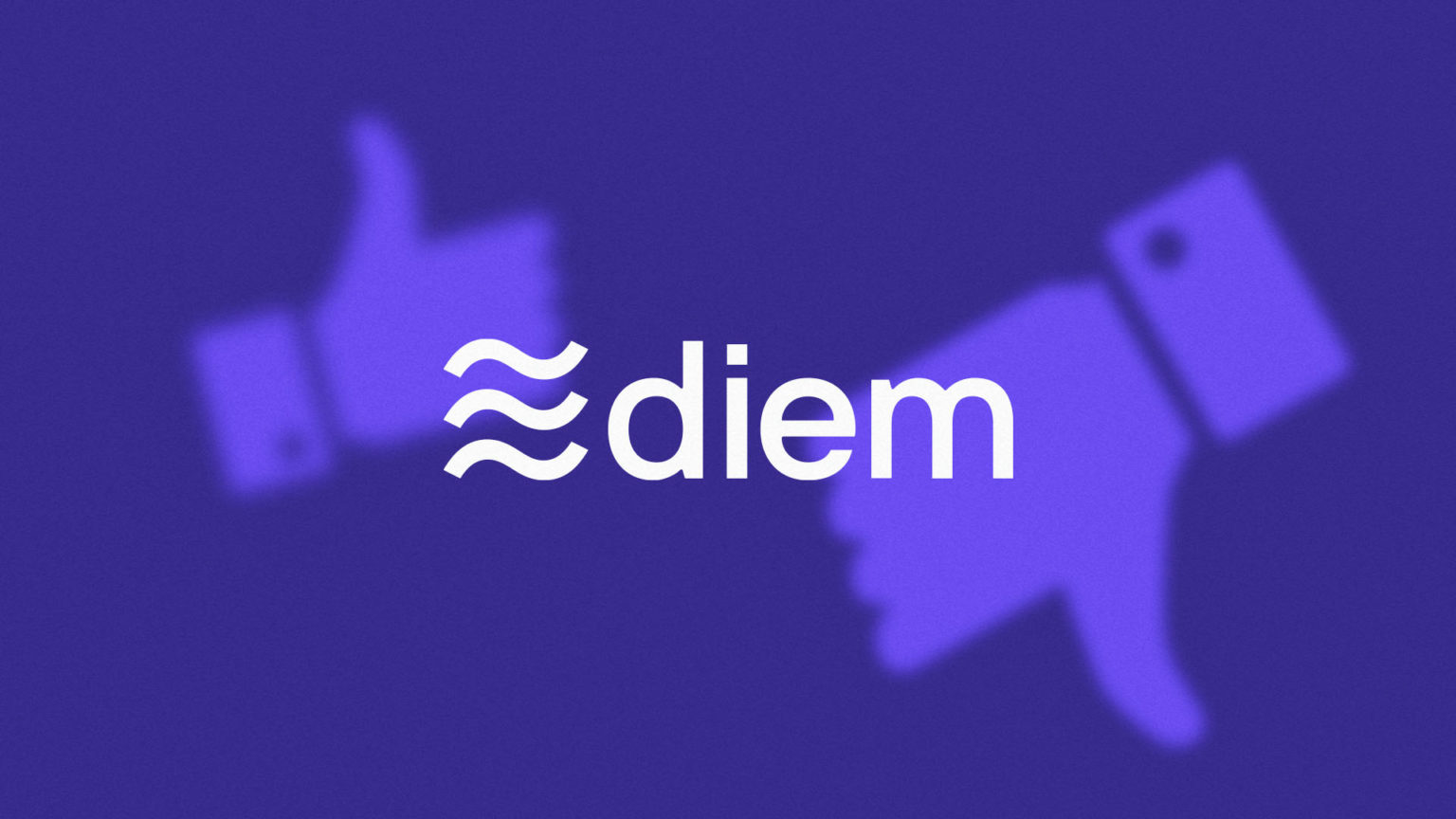Facebook’s Diem is closer but it’s still a boring stablecoin

Facebook’s long-awaited cryptocurrency will launch this year as US dollar (USD) stablecoin pilot, according to a CNBC source familiar with the matter.
The Diem Association, a Swiss non-profit Facebook spun out to develop the cryptocurrency, is said to be close to securing a payment license. This would enable it to start live Diem tests.
No launch date is confirmed but Diem (the name for both the platform and the stablecoin) will reportedly begin as a small scale test.
CNBC’s source said the pilot will focus “largely on transactions between individual consumers,” but hinted it could include an option for spending Diem with merchants.
Indeed, Diem will work similarly to existing payments services like PayPal, Venmo, or Cash App. Except, those platforms already support Bitcoin and other cryptocurrencies.
Diem will instead push users towards Facebook’s stablecoin, which it will tie to USD rather than the basket of fiat currencies Facebook detailed in its 2019 announcement.
A rebrand in December 2020 switched the name from Libra to Diem. An updated whitepaper watered down the lofty goals Facebook established in its original manifesto.
Facebook wanted $10M to join its blockchain
Libra was remarkably different. Aside from the whole ‘basket of currencies’ thing, Facebook was to charge companies $10 million to join the network as validators.
Facebook even intended to issue a second token alongside Libra, which it would use to pay dividends to those network participants.
However, Libra attracted critics who doubted Facebook’s intentions and its ability to keep financial data safe. Many of Libra’s original 28 members quickly departed, including the likes of Mastercard, eBay, Visa, and Stripe.
[Read more: Visa just used the Ethereum blockchain to settle a stablecoin payment]
Regulators and central banks worried that a truly globalized stablecoin — if made available to Facebook’s billions of users — could become unwieldy for the social media giant, and even threaten fiat currencies.
But a benign closed-loop payment system powered by a pseudo-cryptocurrency? It looks like regulators are into that.
